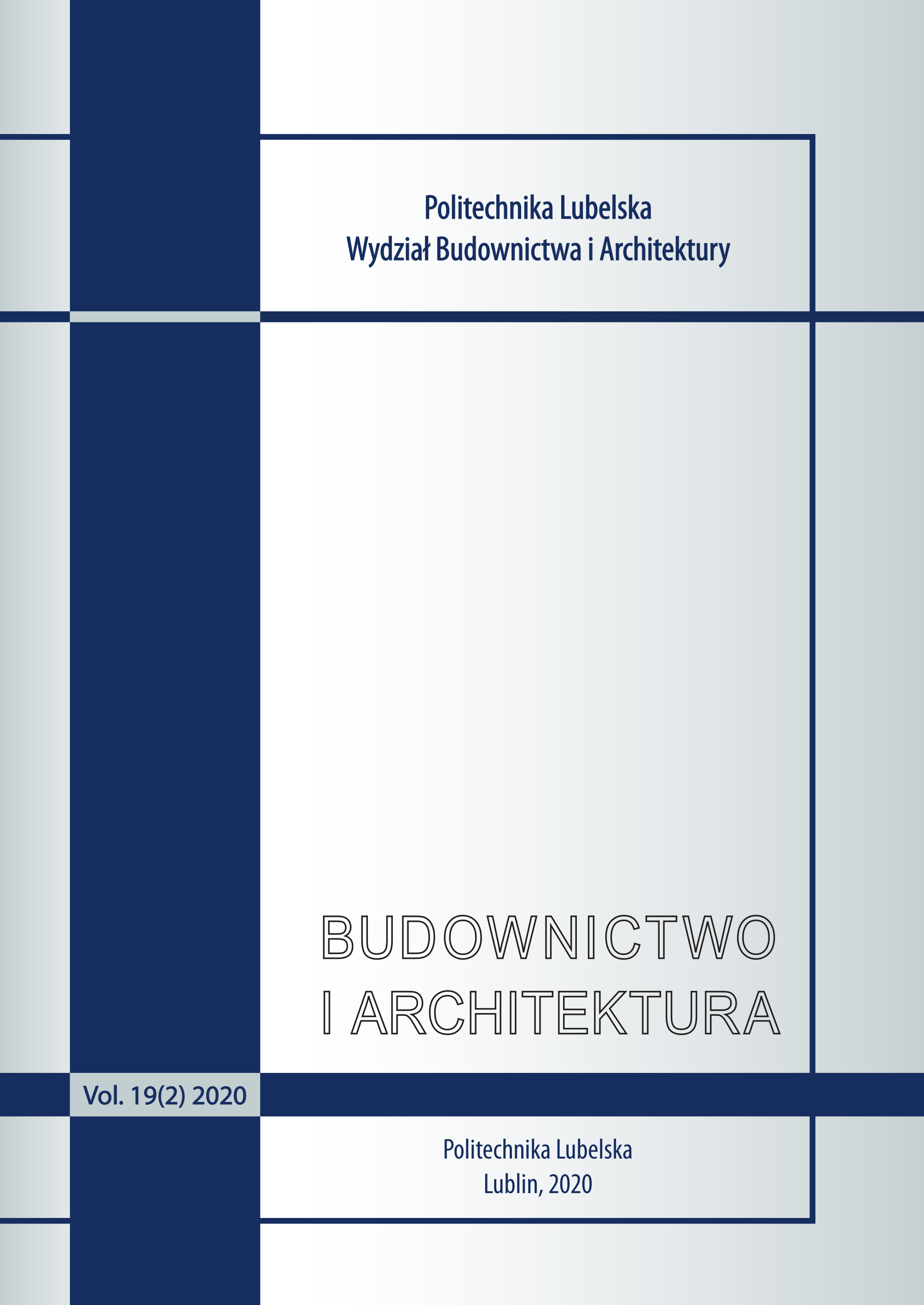Socio-economic factors associated with house prices. Evidence based on key macroeconomic aggregates globally
Socio-economic factors associated with house prices. Evidence based on key macroeconomic aggregates globally
Author(s): Gabriela Lewandowska, Michał Taracha, Kamil MaciukSubject(s): Architecture, Socio-Economic Research
Published by: Biblioteka Politechniki Lubelskiej
Keywords: GDP; inflation; human population; economic activity; real estate; apartments; macroeconomy; OECD; house prices; Pearson correlation coefficient;
Summary/Abstract: The aim of this paper is to assess the association between macroeconomic factors and house prices in selected OECD countries. In this paper, authors describe selected socioeconomic factors, adapt a transparent methodology based on the OECD database and derive results shedding a light on the main drivers shaping the trends of the real estate prices. Two main economic aggregates, inflation and gross domestic product (GDP) were analysed for the OECD member and non-member countries for which complete data have been made available for the period of 1990-2020. The OECD provides data for 60 countries in total, out of which 38 are members of the organization. Nevertheless, due to missing observations in certain countries, the analysis was carried out in 19 of them. The aim of the study was to determine how GDP and inflation dynamics are correlated with changes in property prices. Among the analysed countries, Japan and South Africa could be distinguished as outliers in terms of inflation, whereas in the case of GDP, Italy, Japan, Ireland and Norway stood out. Additionally, 12 representative countries were described in detail. These countries comprised four groups of three countries divided across two dimensions: the first, based on the highest and the lowest correlation coefficient, and the second, based on the measure used to calculate the correlation coefficient (correlation of the house prices with GDP and correlation of the house price with inflation). On the basis of the analyses, it was shown that the association between GDP and house prices is stronger than that between inflation and house prices – in most cases, prices increased at a similar rate as GDP. A particularly high correlation between GDP and house prices was found for Norway, New Zealand and Sweden, indicating a potentially higher marginal housing consumption responsiveness to changes in housing wealth in these highly developed countries, characterised by particularly low housing transaction costs and efficient mortgage market. It was deduced that such characteristics lead to a higher wealth elasticity of demand for new houses.
Journal: Budownictwo i Architektura
- Issue Year: 22/2023
- Issue No: 3
- Page Range: 45-58
- Page Count: 14
- Language: English

